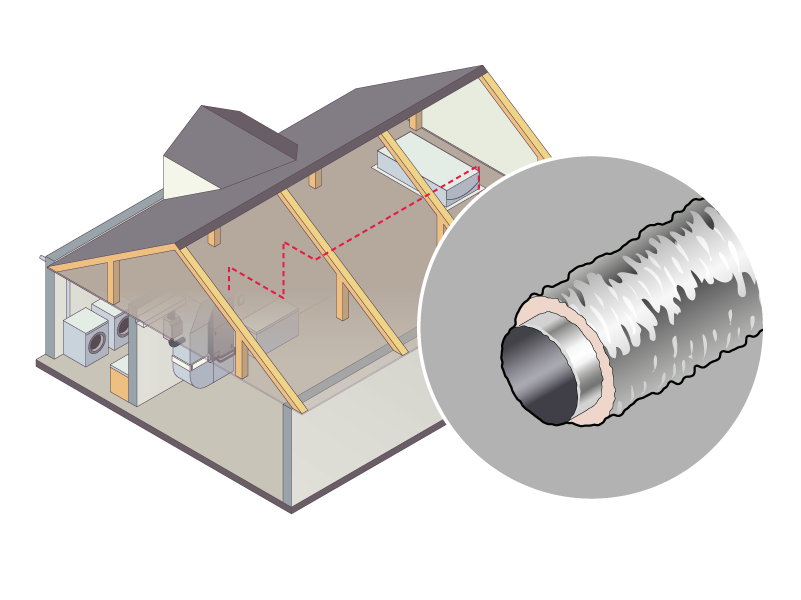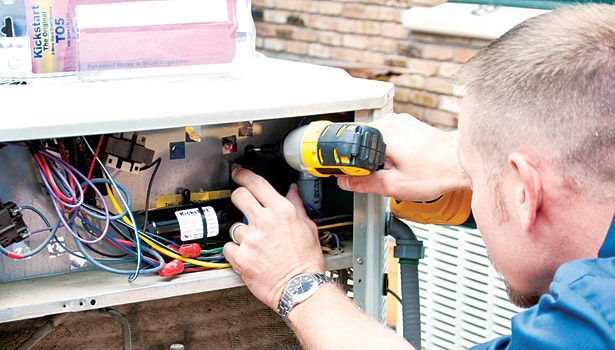Get Tech Tips
Subscribe to free tech tips.
Does An Oversized Furnace Consume More Fuel?
This article was written by Michael Housh and was inspired by a discussion that took place on the HVAC School Facebook group. If you are already a member of the group, you can look at the oversized furnace discussion yourself HERE. I'd like to give a special thanks to Michael and everyone who contributed to the conversation.
It is often believed that an oversized furnace will cause higher fuel consumption than one that is sized appropriately for a building, but this is not actually the case.
WARNING: There are plenty of other reasons to size a furnace properly, but fuel consumption is not one.
Here are the details of this particular case study:
In this scenario, the home had a 130K BTU/h, 70% AFUE furnace in 2020. At the end of January 2021, the customer had a new 40K BTU/h, 96% AFUE 2-stage furnace installed.

Photo courtesy of Ryan Kerr

The table above shows a great reduction in usage. However, that reduction came from the efficiency upgrade, not the reduced size of the equipment. You can see that more easily just looking at the single month usage than the year as a whole. So, let’s do a little math on these numbers.

We could account for differences here with the actual differences in heating degree days, solar gains, etc. Therefore, we can conclude that the efficiency of the appliance is the driving force behind reductions in consumption, not the size of the equipment.
The way that I like to think about this is that the load of the building is what it is, given there are no modifications or upgrades to the home. So, the only thing that will change on an oversized vs. appropriately sized piece of equipment will be the length at which the furnace runs to satisfy the load at a given time.
It turns out that this upgrade did swing the way this house operated. The customer says that their “comfort is beyond what they ever thought possible.” That's likely because of the long runtimes achieved; that long runtime gives them a good mean radiant temperature (MRT) throughout the house. The customer is likely not feeling drafty because of rapid swings in temperature from the oversized equipment cycling on and off rapidly. They are saving a significant amount of fuel. I’d like to give kudos to Ryan Kerr for being bold enough to trust in the load calculation. The load calc actually called for a 53K BTU/h furnace, reducing the size of equipment by three times.
—Michael Housh










Comments
Oversize furnaces have higher discharge temps causing more duct losses, excessive conditioned space temperature stratifications, normally higher discharge velocities, excessive cycling causing more temp swings, poor humidity control, reduced heat exchanger life. All adding up to more expense, less comfort, shorter life span.
Oversize furnaces have higher discharge temps causing more duct losses, excessive conditioned space temperature stratifications, normally higher discharge velocities, excessive cycling causing more temp swings, poor humidity control, reduced heat exchanger life. All adding up to more expense, less comfort, shorter life span.
To leave a comment, you need to log in.
Log In